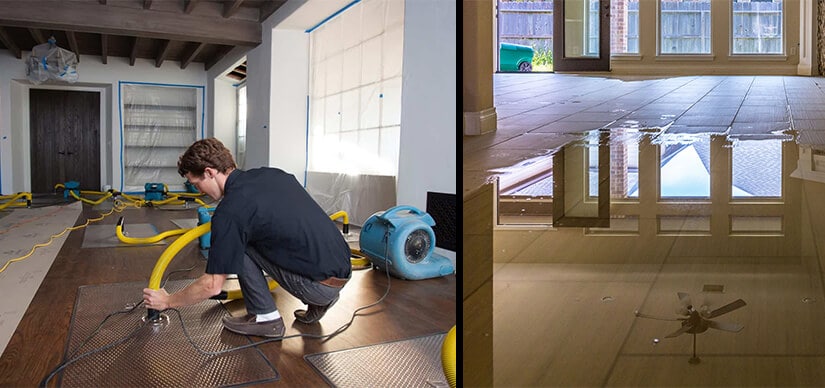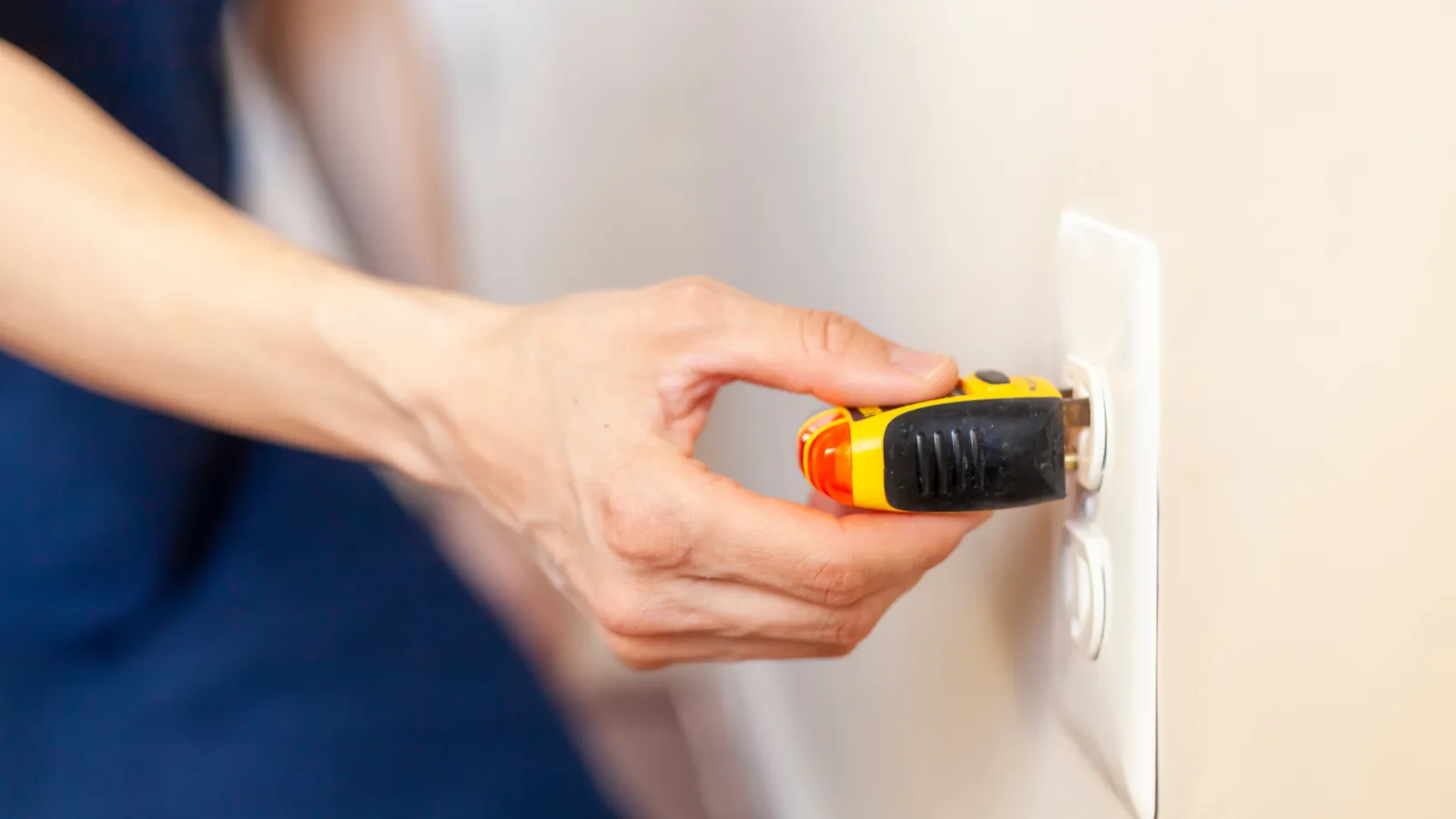Every homeowner has likely faced a power failure at some point. These instances can be a major source of discomfort or even danger, disrupting daily routines and potentially damaging home appliances. Therefore, it is exceedingly beneficial for homeowners to know how to prepare for power failure. This article will delve deep into professional advice from experienced electricians on power failure preparation. The tips offered are not mere suggestions; adopting them can drastically change your experience during power outages.
Understanding Power Failures: The Basics
Power failure, also known as blackout or power outage, is a sudden loss of the electricity supply within a specific region. A variety of factors can contribute to power outages, including forthright malfunctions with electrical equipment, issues with energy supply, extreme weather conditions, or complications within the broader power grid.
Gaining a clear rundown from experienced electricians can help ordinary citizens grasp the reasons behind power failures. It is essential to understand these aspects of power outage because, regrettably, power failures seldom give prior notice. A comprehensive understanding of power failure contributes to appropriate and sufficient preparation.
Signs of an Impending Power Failure: What Homeowners Should Know
Certain signs or symptoms may detect an imminent power failure before it occurs. Electricians often point out that frequently flickering lights, sudden drops or increases in voltage, or recurrent tripping of circuit breakers are strong indicators of potential power disruption.
Paying close attention to these signs and acting swiftly can be the determining factor between one being completely unprepared and fully armed to tackle a power outage. Prompt measures such as disconnecting sensitive appliances, reducing the overall power load, or reaching out to your electricity service provider can be initiated when these red flags appear.
Essential Power Failure Preparations: Steps Every Homeowner Should Take

Being prepared for a power failure implies having a detailed plan in place. This would ideally encompass a clear understanding of your home’s electrical anatomy, including the location of the main electrical panel, how to safely reset circuit breakers, and how to disconnect from the main power supply if necessary. Other preparatory steps involve having necessary emergency supplies at hand – think flashlights, batteries, power banks, bottled water, and ready-to-eat food.
In addition, electricians often iterate the significance of safety measures during power failures. Measures such as ensuring all family members know how to navigate the house in the dark or avoiding the use of candles and gas lamps to mitigate potential fire risks. Another crucial aspect is the protection of home equipment during a blackout; electrical devices should ideally be unplugged, or surge protectors installed, to prevent potential electrical damage upon restoration of power.
The Role of an Electrician in Power Failure Preparation
In your journey towards efficient power failure preparation, a licensed electrician plays a crucial role. It would be best if you considered calling a licensed electrician to help prepare your home during a blackout. Electricians bring multiple services to the table that can substantially assist in power failure preparation. Tasks range from conducting routine checks on your home’s electrical system to identifying potential risk points and carrying out maintenance.
Educating homeowners on their unique electrical systems to ensure they are better equipped to handle any emergency situation is an essential aspect of an electrician’s role. There are numerous documented instances where timely and professional intervention by an electrician has reduced the extent of power failure damage or shortened its duration significantly.
Proactive Measures: Long-term Solutions to Mitigate Power Failures

When it comes to power failure preparation, proactive measures are key. For this reason, homeowners should consider investing in long-term solutions to counteract the impact of blackouts. Options such as backup power sources – standby generators, solar-based solutions, or Uninterruptible Power Supply (UPS) systems – are potent tools that can help maintain an electricity supply during a blackout. To ensure a safe and proper installation, it’s crucial to call a licensed electrician to help prepare your home for these backup systems.
Electricians can guide homeowners towards the best choice based on their specific household requirements. Although these long-term solutions have associated costs, the level of convenience and reliability they offer, especially during extended power failures, present them as worthy investments in the long run.
Conclusion
In conclusion, understanding and preparing for a power failure should be a priority for every homeowner. The advice and insights provided in this article by professional electricians can form the basis of a reliable and efficient power failure preparation strategy. By acting proactively, homeowners can mitigate the inconvenience and potential harm of a blackout.
It’s encouraged that homeowners don’t tarry but start their power failure preparations in earnest. A detailed understanding of your home’s electrical system, swift actions in response to early warning signs, and the necessary investment in long-term solutions can truly enhance the quality of life, even during a recurring challenge like a power outage. Adopt a proactive stance towards managing power failures, because in this case, being forewarned is indeed being forearmed.







